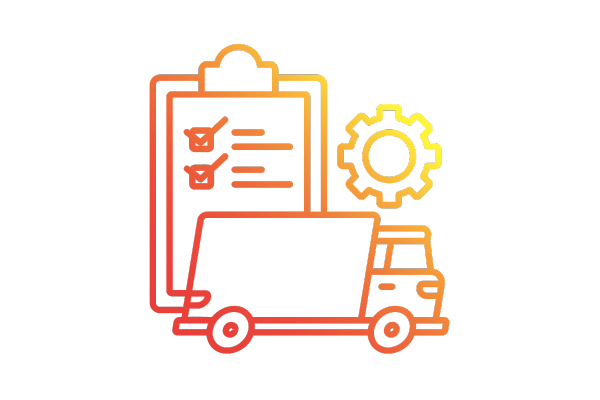Fleet Management Enterprise Solution
Fleet management solutions are comprehensive systems that help businesses effectively manage and optimize their vehicle fleets. These solutions typically involve the use of software, hardware, and connectivity to monitor, track, and enhance various aspects of fleet operations."

